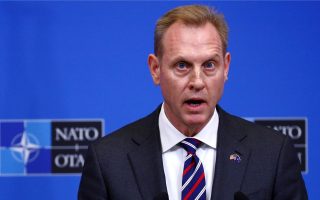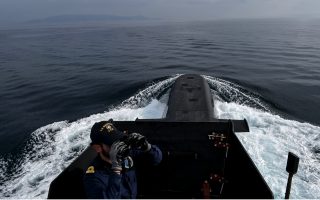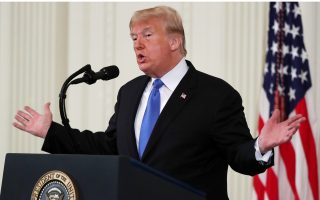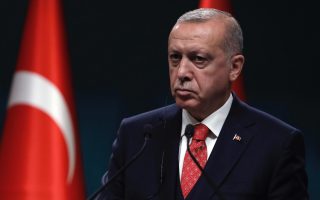Greek-Turkish relations and policy continuity in Athens
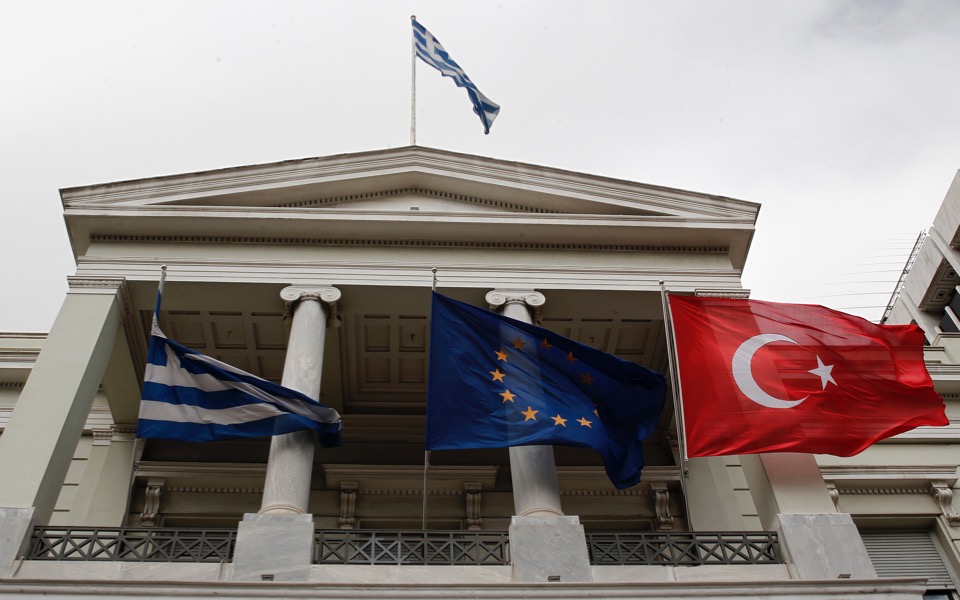
Turkey has sent a drilling vessel inside Cyprus’ exclusive economic zone (EEZ) and it is likely considering similar activities in areas close to the Dodecanese island of Kastellorizo – areas that Athens sees as a part of Greece’s EEZ. Whereas the Republic of Cyprus is restricted to a diplomatic response, a Greek government would hardly be able to ignore such a move on Ankara’s part. Although Greece would prefer to avoid an escalation, it has the luxury of knowing it can react in more ways than one way.
There is hope that Turkey’s domestic problems or President Recep Tayyip Erdogan’s aides will stop the Turkish strongman from taking a decision that violates certain red lines in Greek-Turkish relations. After all, Erdogan already has too many open fronts while Turkey is expected to launch fresh military operations against the Kurds in Syria.
On the other hand, experience shows that Turkey tends to exploit periods of political transition and temporary power vacuums in Greece in order to advance its bilateral aspirations.
Although it is not necessarily the most likely scenario, Greece must be prepared for Turkish attempts to exploit a window of opportunity. If the opinion polls are correct, this country will soon have a new administration. The next prime minister should have already selected a national security team – a foreign minister, a defense minister and citizens’ protection minister – and they should in turn have already picked their key aides, and they should all hold regular briefings (informal now and formal after the elections) with their predecessors and senior state officials (despite certain poor choices that have already been made, the next government should avoid any hasty decisions in terms of appointments).
Until the National Security Council is officially set up and operational, the new prime minister will need to select a highly experienced diplomatic and military adviser. Meanwhile, the general secretary must stay at the Foreign Ministry, at least for a certain period of time. Finally, it would be very useful if the diplomatic adviser of the outgoing prime minister (perhaps also the chief of the National Intelligence Service – EYP) were to stay on in the short term to help out during the transitional period. That would mark a substantial gesture of continuation and understanding on national issues.
Thanos Dokos is director-general of the Hellenic Foundation for European & Foreign Policy (ELIAMEP).
